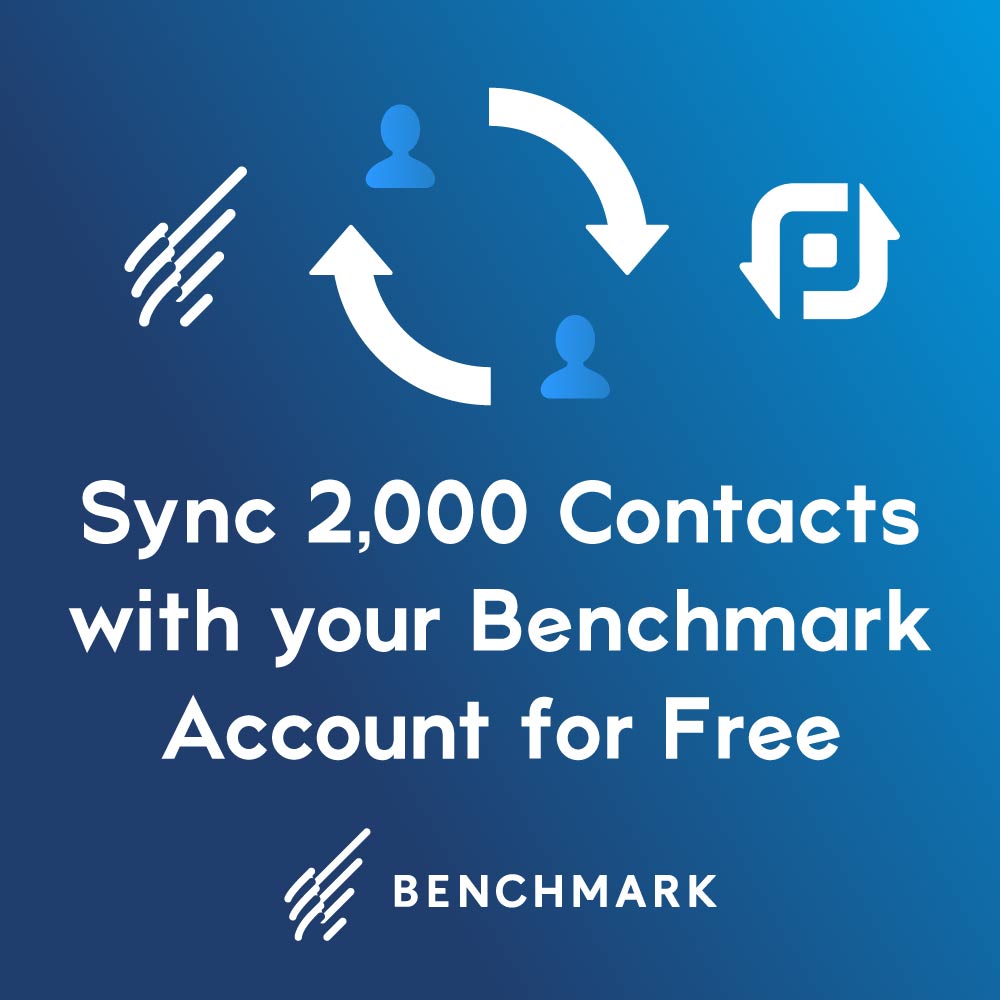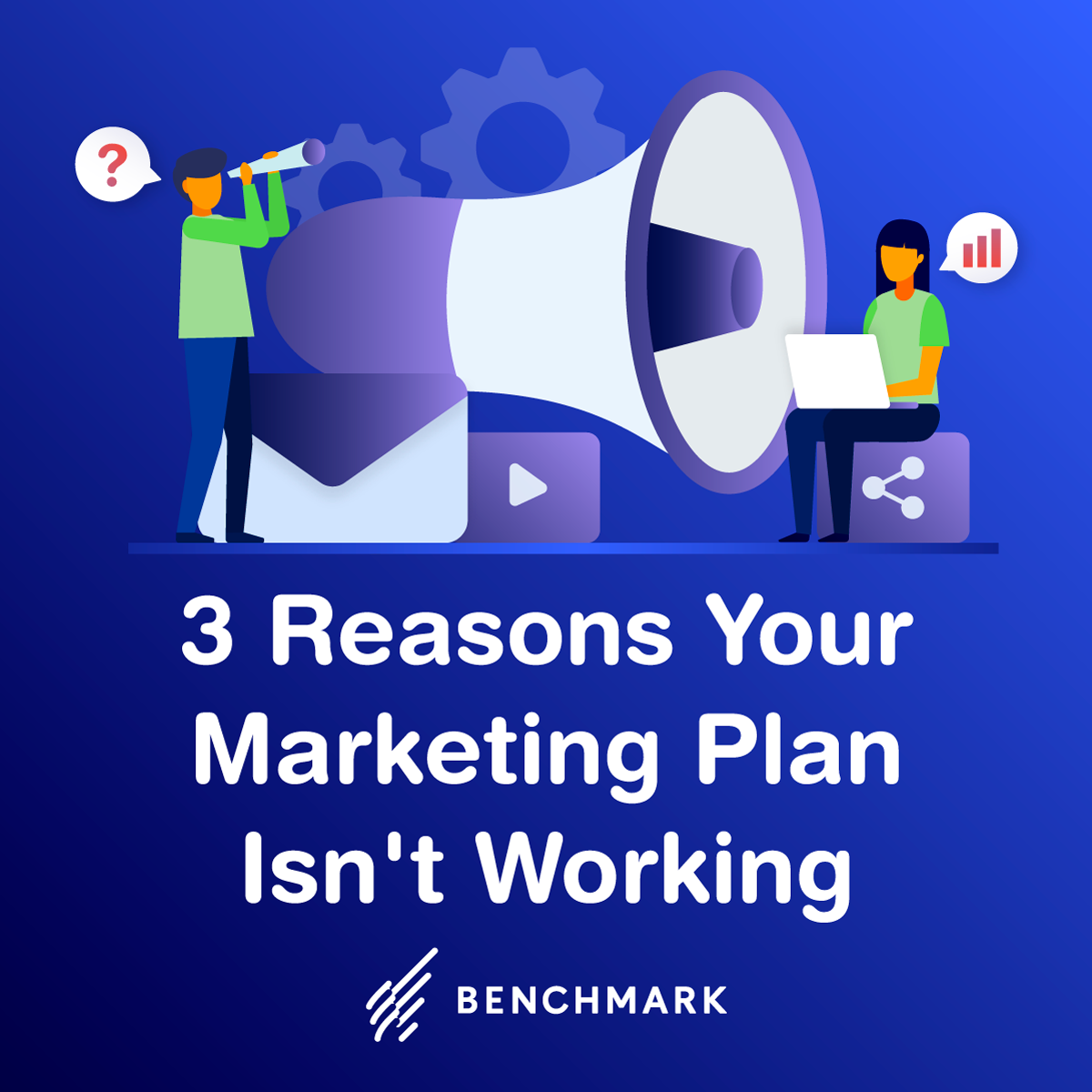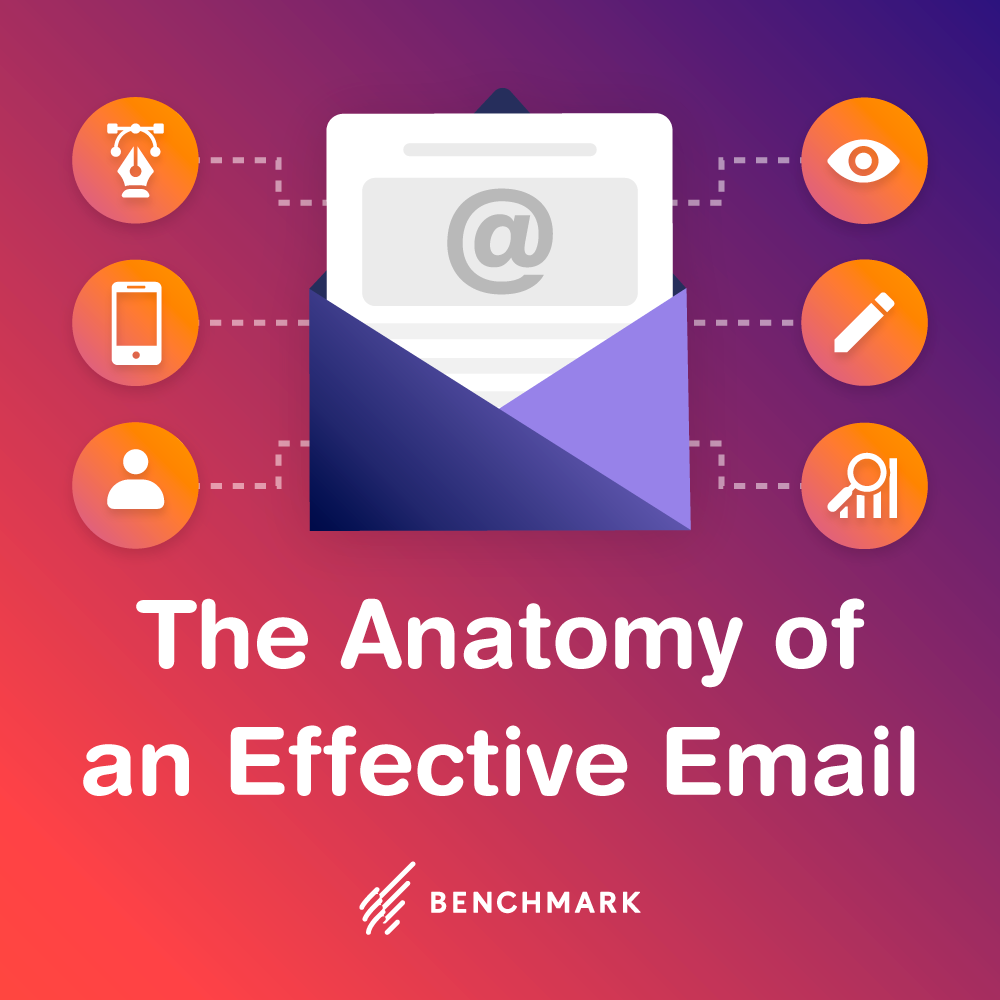We Hosted Rodney Couch the CEO & Founder of Preferred Hospitality, Inc.
February 8, 2019 12 min read

Rodney Couch doesn’t just have the typical story of going from the dishwasher in a restaurant to running the whole place. He worked his way from the ground up and found a way to do things differently in the service industry. Now, with transparency on their side, his company Provider is disrupting the contract foodservice industry.
Trust is not something easily earned in the environment that we currently live in. Profit is not a bad word, but it does and can be abused by vendors and contractors. People are very suspect. That’s one of the core initiatives that I have when dealing with customers. We need to earn their trust and that doesn’t happen overnight. It can happen, and when it does happen, you find yourself in a very collaborative relationship.
If you prefer to read, the transcript is posted below:
00:14 Andy Shore: Hey everybody, welcome back to the Heart of Business. I’m Andy Shore, here, as always, is my trusted co-host, Daniel Miller.
00:19 Daniel Miller: Hello everybody.
00:20 AS: And we have an awesome guest for you today. His name is Rodney Couch, and he is the founder and CEO of several restaurants, contract food service, all sorts of stuff. We did it during our lunch break and I know I was ready to go eat afterwards. We sampled some of their restaurants and they’re quite good.
00:42 DM: Very, very good.
00:43 AS: And he’s got a great story and they’re doing some fun stuff and disrupting the industry. So, we were excited to talk to him. Before we get started, I wanna remind everybody about the Benchmark Starter Plan. For up to 2,000 of your contacts, you do your email marketing totally free, let you get started, start sending those first emails, start building those relationships with those subscribers. Check it out, benchmarkemail.com. Let’s get rolling.
01:06 AS: So, how you doing today, Rodney?
01:08 Rodney Couch: I’m great, thank you. And yourself?
01:10 AS: Oh, we’re doing good, doing good. We’re recording on a Friday, and happy that that’s finally here, it’s been a long week. But we’ve got you here and we’re excited to talk to you and hear more about everything you do. So, you’re the CEO and founder of Preferred Hospitality, can you tell us a little bit about that company?
01:30 RC: Sure, yeah. We started our business back in 1989 with the seafood restaurant called Market Broiler and developed a number of those retail brands across the State of California. We’ve also started a contract food service division, where we’ve been serving other clients in mostly the educational sector, with some government and schools and others. And so, that business has grown over the years. And then we also have a chain, or involved in a chain of restaurants called Blue Water Grill where I’m a general partner and we have eight restaurants throughout Southern California under that brand, mostly at water locations.
02:24 AS: Very cool. And where did you get started in the food service industry?
[chuckle]
02:29 RC: Well, I started at the ripe old age of 15 and a half. Back in those days you could get a motorcycle license and get a permit at school that would allow you to work. And so, I took my first job as a dishwasher at a group called Lord Charlies, which was part of the C&C organization. And I really enjoyed working in the restaurant environment, it was much like in athletics, very much a team style environment, and so it just stuck. I stayed in the restaurant business my entire career.
03:14 DM: That’s great. What do you think are some of the best qualities that one can get from working in the restaurant industry?
03:23 RC: Well, it’s one of those things that you don’t get taught in school. In today’s public school system, most of what you learn is through reading and memorization. And actually in the work environment, particularly in restaurants, what you learn is team or collaboration in solving problems and working together. And that’s something that, I think, most athletes enjoy. There’s no one in team, there’s just the group as a whole that participates to achieve high-end results. And as a leader, that’s mostly what we do as leaders is organize teams to strategize to best deliver a customer experience, and not something that one person can do in a restaurant or a contract food service environment. We really need to operate with team to get results.
04:28 DM: I worked myself in the restaurant business for many years, and when I first got started at a very young age I never really thought what I could really learn from this and how that can help me later on in life. Going in there I’m like, “Oh, I got this job and I gotta wash dishes and clean floors and serve people.” But like you say, the valuable lessons that that can teach you to work in a team, to be efficient, customer first, there’s no other place that the customer is first more like in the restaurant business. You screw something up there, they’re coming to your place to have an experience. So, yeah, I value a lot of what you say about… There’s a lot of team building in the restaurant business itself.
05:15 RC: I read a restaurant staff from the Restaurant Association that reported that over 50% of the citizens in this country have worked in a restaurant at one point in time or another. And I think that really bodes well for the hospitality that is important in every business. Customer service is essential no matter what type of business you’re in. I think most of us cut our teeth in the restaurant business, which is the epitome of the intimate fellowship with other people. Sharing a meal is something that we’ve been doing as Americans for a long time.
05:54 AS: Yeah, absolutely, as people continue to get lost in their phones, that opportunity for social interaction and learning those skills is important. But in prepping for the episode and doing some research, what about that experience you had gained, made you believe that it was possible to go out on your own?
06:14 RC: C&C Organization was where I first cut my teeth, and I was in [06:21] ____. But I went on from there and worked for a number of other restaurant groups, including Red Baron and Taco Bell, a couple others, but I did work for a company called Seafood Broiler, where right out of high school, I was hired in the… And we grew that restaurant group from six restaurants when I joined, to, I think, 32, and that’s the company that in fact, we did sell to Red Lobster. And during that time… You know, I mean I love my job, I was recognized as one of the the best leaders in the organization, and never thought twice about changing companies or moving on.
07:09 RC: But when the company decided to sell, ACCOR sold to Red Lobster, and it was kind of a turning point for me, where either I could, A, start over and prove myself to the new management team that was operating the restaurants, or it was an opportunity to start fresh and not face that threat again of having somebody buy out the group. And so, the decision was quite clear at the time and so I started looking for opportunities to open my first restaurant, drew up a business plan, raised the capital, and what can I say, that the rest is history. I was fortunate enough that the first restaurant I opened was a success, and that was in October 19th of 1989 and that restaurant is still successful to this day.
08:08 DM: Yeah, that’s amazing. So just to kind of get a timeframe, that was right around 1988 or so?
08:20 RC: It was October of 1989. October 19th, 1989 was our first day of operations at Market Broiler in Riverside.
08:28 DM: Very interesting. And out of curiosity, has much changed in regards to how you define and set up a location for a restaurant, its menu? For some of our listeners here, that may be wanting to open a restaurant, what’s been some of the changes from when you’ve done that, to now, of what it really takes to start a restaurant?
08:57 RC: That’s funny that you ask that question. A lot’s changed.
09:02 AS: I’m sure.
09:02 RC: Simultaneously, some things never change. What doesn’t change is the value proposition of what a restaurant offers. The ambience, the quality of the food, the service, the cleanliness of the restaurant, the entire value proposition. When it gets to the point of reaching an art, and that’s when the culinary experience is at its best. People know a great value when they see it. And they through word-of-mouth, flock to a restaurant that provides those things. And typically my experience has been, is when you do a good job, there’s typically a margin there.
09:54 RC: On the other hand, what’s changed is the economy of restaurants. And I think the biggest change that I’ve seen in my career is the moving away of full service, or full service casual restaurants or full service restaurants at large and the shrinking of that marketplace, and the movement towards fast casual restaurants, and the reason is, one is price, it’s a lot less expensive to operate and the prices at fast casual restaurants that don’t have full service is more of a value. But second, the hurrying of America, everybody is so busy. The convenience of getting better quality food than you would get in fast food in these fast casual restaurants has really caused an explosion in America of these type of restaurants.
10:57 AS: Yeah. And you’d add in the Uber Eats and all that, that you can get it delivered to your house while you’re driving on the way home, it’s nuts, it really changes the dynamic of the customer and the restaurant experience.
11:11 DM: Yeah, what advice could you give on staying on top of those trends, as Yelp comes into the fold and social media, and all that stuff that plays a role in any businesses, but especially in the food service industry?
11:25 RC: Without speaking to it specifically, I would say that any leader needs to be looking at organizational change as something that they have to accept and adopt. Every organization is constantly changing and the restaurant industry is no exception to that. You have to adopt changes and stay relevant, and if you don’t, you’re out of business.
11:55 DM: Yeah, absolutely. And I wanna kinda shift gears a little bit and talk more about provider, ’cause in our research and heard a little bit about what you guys are doing there. I mean, my experience in college, I remember my parents buying me a food plan and going to the cafeteria and they’d get no refund at the end of the year if I didn’t use all of the plan. So we’ve been going to the convenience store that you can use your meal plan for and loading up on cases of water and Gatorade and snacks, and all sorts of things. And there is a McDonald’s you could use it for that would just be treating friends to food because like I said, it wasn’t going back to my parents or anything, or who knows where that money was going? And what you guys are doing with your contract food service operation sounds like it’s looking to change all that.
12:52 RC: Yeah. The Contract Food Service Division was something that I tripped into, if you will. I was a member of the board of directors of a large church in the Riverside market, and there was a movement in the mega church movement to incorporate food service. And so my pastor asked me, “Hey would you consider running the food service operation here and leading it?” My first response was, “No, that’s not why I go to church, to work. I go to church to worship.” But after I thought about it, I was really convicted. If not you Rodney, then who? And so I decided that I would lead the charge, and that… But it was important to me to memorialize the contractual agreement in which we were more of a steward over the program as opposed to a contractor. And you might think that that’s a subtle difference, but to me it’s not subtle at all. I don’t think that universities or businesses should be bifurcating the responsibility and letting a contractor determine food prices, food quality, service, operating hours, all of those things that are important; aesthetics, to a well-run food service operation.
14:29 RC: So what I did that was a little bit disruptive is I organized a contract where in collaboration with the leader of this particular church, we, together chose and decided on, what was best practices for that particular business? And things worked out fairly well. We were earning a fee for doing what we know how to do, which is to, well, run restaurants. And the clients that we were serving were getting first class, best of breed restaurant practices. And so, that morphed into a collegiate account called Cal Baptist University, and we were brought on to alter the trajectory of the current food service that was operated by one of the big contract food service companies in America, Sodexo. And so they hired us and I basically deployed the same model for them, and we’ve seen, over the last 15 years, this university has grown from less than 2000 folks on campus to over 10,000 folks on campus. And the food service budget is 15 times what it was, instead of operating one outlet, we’re operating nine outlets with three additional outlets coming online in the next year, year and a half.
16:05 RC: And so it’s just really been an exciting time for me because I get to exercise my gifts and hospitality in a way that helps strategically the university accomplish its long-term goals of attraction of new students and retention of students. And we were fortunate enough this year and in the last few years, to be rated second best in California and I think seventh or eighth best in the country for the type of program that we’re operating. And all that with the university really controlling the cost of what program they wanna offer. And that’s just been exciting to be able to serve them and accomplish the things that we’ve accomplished together, has just been very rewarding for me.
17:02 AS: So to go from zero to hero for an industry that seems like it’s already pretty well established, what are some of the big differences that your program has versus the others?
17:19 RC: Well, I think one of the differences is clearly the perspective that we bring to large contract food service accounts. In retail, it’s every guest every time. In the contract arena, that sentiment is not always every guest every time. And so, bringing this retail mentality of just doing a great job with each and every guest, and you’re only as good as that last meal that you serve, that’s really structurally helped us in the contract food service arena, because typically in the contract arena, it’s not operated to the degree that we operate in the retail sector. I think that’s one of the big differentials for us, is just the level of hospitality service quality that we serve to each and every guest in the contract business.
18:24 DM: That’s great. And I’m sure going into this new arena with provider has helped in the other side of the business too, you flex muscles a little differently. Maybe even just in the relationships you have with your vendors. I’m sure it’s helped you grow everything just using like I said, flexing new muscles and thinking about things from a slightly different perspective.
18:48 RC: And that’s probably another point of differentiation. What we’ve gleaned in this business is that the competitors that we operate with, in the contract arena, they’re certainly not as transparent with the financial information as our model has proven to be. And so there’s a lot of learning that takes place with our clients, in terms of what is best practices, what is your actual food cost, what are labor costs? We manage those things in the retail environment because we must, in order to be successful, we have to keep control over each and every cost of operating a restaurant, ’cause there’s just… There’s not that much margin in restaurants.
19:44 RC: So when we activate those costs in the contract arena, it delivers the same type of results that we deliver in the retail sector. But again, one of those differences is that not all the large contractors disclose what their real costs are to their clients. So we found that in meeting with new clients, oftentimes the most negotiated part of the discussion is about price. We try to take price out of the equation by building a contract that gives us what we call our stewardship management fee, and then by sharing with 100% traceability and transparency what the costs are, the risk is taken out in regards to price. So we spend majority of our time with our clients talking about best practices, how to achieve strategic results, as opposed to incessantly negotiating price each and every day we serve them.
20:55 DM: Yeah, I think transparency really is one of the strongest tools businesses can have and it’s way underused because the world we live in today with social media, phone chat, email, they have so much access to your business, for brands to be transparent upfront and with their customers, helps build that trust that is what gets you loyal customers.
21:16 AS: Yeah, I’ve been reading a lot about how businesses can clarify their company message and how to be customer-centric, and the two main things that they do focus on is people buy not what they think is the best, but what they understand the best, that is gonna solve their problem. So there may be two competing services, one works way better, but the other one explains it better, the person is more likely to buy that one, ’cause they clearly understand what they’re getting into, the value proposition cost and so forth. And the other main thing was, people don’t really worry about price, what they’re worried about is being played. So it seems like you guys have the perfect recipe of setting the customer upfront, being transparent, clear. And by doing that, that shows the success that you’re having. So, yeah. Congratulations. That’s awesome.
22:11 RC: Well, thanks. Trust is not something that’s easily earned in the environment that we currently live in. We’re a fallen people and so none of us are perfect and so many of us have been abused and taken advantage of, and it’s certainly like that in the business environment. Profit is not a bad word, but it does and can be abused by vendors and contractors, and so people are very suspect. So that’s one of the core initiatives that I have when dealing with customers, is that we needed to earn, earn their trust, and that doesn’t happen overnight, but it can happen. And when it does happen, you find yourself in a very collaborative relationship, all strategically shooting for goals that your client has, in regards to their overall business and their core competence. And while as stewards, we use our core competence to deliver the type of program that best suits their needs.
23:26 AS: Yeah, definitely. And so what’s next for you, guys? Is it more restaurants and expansion and getting more schools for the contract food service? Is there bigger ideas in the works?
23:38 RC: No, I think it’s stay on the continuum that we’re on, operate where we operate best, which is in the hospitality sector, certainly, we want to grow both the retail and contract food service components. We think that it’s really important to have both. We like cutting the teeth of our leadership in the retail sector, and then moving those leaders into the contract food service arena, where each and every guest experience is extremely important, that’s working really well for us, and I think it’s worked for quite a few contract food service companies historically, some of the best have been incubated in the retail sector, where every meal, every time is critical.
24:33 AS: Yeah. I think that’s great. You guys are clearly on to something and it’s working, so congratulations and keep up the good work. Wanna thank you for spending time to talk with us today.
24:45 RC: Well, thanks a lot for your time, that was fun.
24:47 AS: Thanks everyone for listening and we’ll catch you next time, bye guys.




